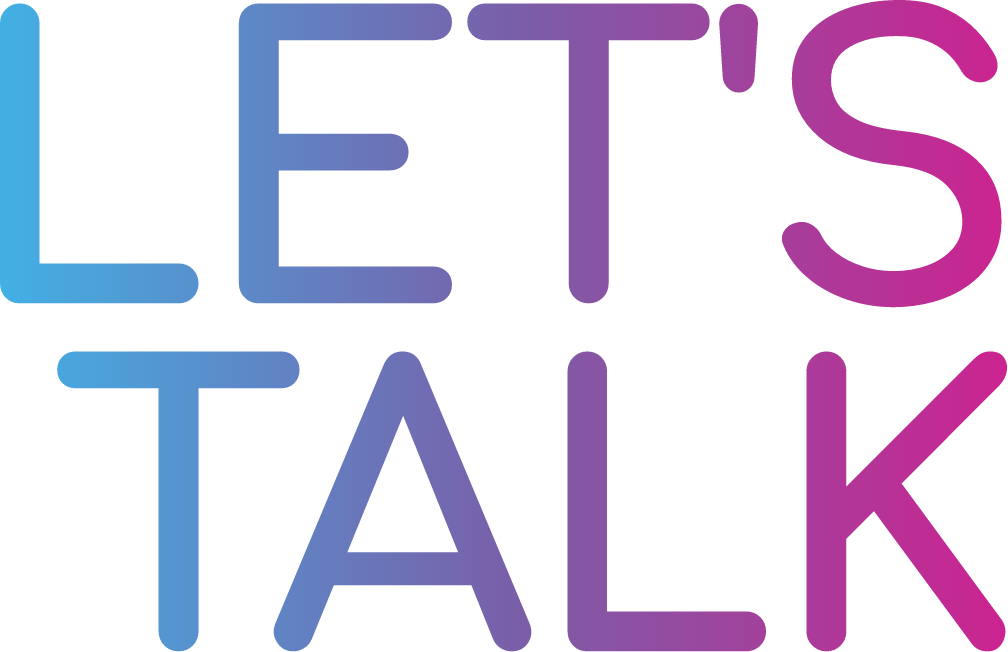The use of hashtags (#) has become more relevant throughout all social media platforms over the last few years. The purpose of using a hashtag is to connect one’s content to a particular trend or subject that may be trending or seemingly relevant on any social media platform.
The pound symbol has been used for a variety of web related operations which has aided in its integration, and being used on social media. Hashtags were initially used by a former Google developer, Chris Messina, who took the trend to Twitter in 2007.
He suggested using the pound sign in front of words as a way to group tweets and posts relating to one another. In fact, the first hashtag used to introduce the idea was #barcamp, a chain of technology dialogue that he helped create.
Particularly, lawyers tend to use hashtags on their social media platforms on posts relating to their firm, case topics, or a relevant topic they can somehow connect to.
In hope to engage their following base and the public, these users post interesting content that educates and attracts potential new clients.
Posting with hashtags are acceptable on social media, as long as they are used both wisely and in moderation.
For example, think of it as getting word out to the world that you are a personal injury lawyer. With hopes of getting word out to potential clients that you are qualified and skillful, you might post an article or a simple tweet with simple hashtags such as #personalinjury #lawyer or #heretohelp or something more niche like #clinicalnegligence or #workaccident.
This allows you to drive traffic and get your posts or links affiliated with the hashtag exposed to others.
Some of the top law firms in the world have taken advantage of using hashtags in order to connect with some of the most influential social media users as well as prospects and potential clients.
The international law firm Allen & Overy which specializes (among others) in banking and finance, has achieved success in having a virtual presence by continuously posting tweets to the public.
In fact, every day there is a new tweet with relevant hashtags that attributes to the growth of the firm’s social media platforms. One of their most recent tweet (posted on August 13) includes an informative message with a simple yet engaging hashtag: “The Irish Supreme Court recently quashed the national plan for tackling #climatechange. Our environmental law specialists consider how this decision may impact other European governments with similar cases…”
Although some lawyers do question the professionalism in using hashtags and choose to avoid including them in their posts, it’s a trend that has become more prevalent and useful for lawyers to stand out from competing firms.
As seen above, including a simple word or phrase in one’s post can go a long way in promoting one’s firm and becoming more relevant in today’s day and age.
On LinkedIn, many respectable companies and professionals post articles that are automatically reposted on their Twitter or Facebook accounts. This aggregation feature allows people to be more active and involved with the lawyer and firm.
As a result of this, using the example above, if someone types in “personal injury law” on Google, Twitter, or LinkedIn, any association related to the firm using hashtags will appear more frequently compared to others who do not engage on social media as much. Potential journalists, clients, and even lawyers who need referrals are more likely to reach out to these firms.
All in all, it is clear that using hashtags on posts for social media platforms such as Facebook, LinkedIn, and Twitter are beneficial and allows companies to widely promote themselves and their services to the public and beyond.





